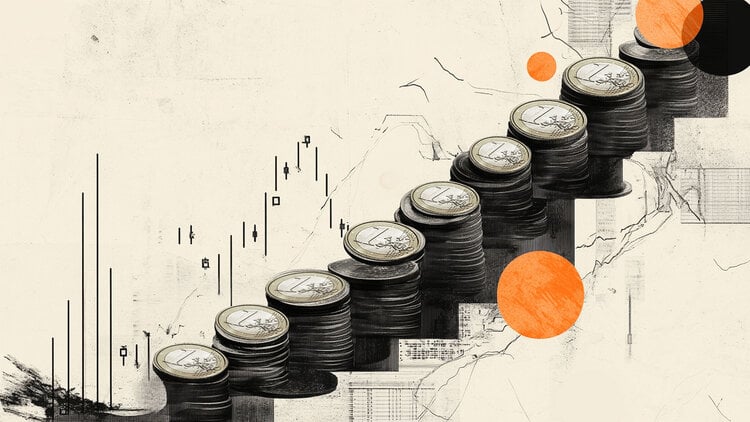Of Tasos Dasopoulos
A new headache for the financial staff is caused by the escalation of Moscow’s energy blackmail in the EU in response to the sanctions imposed on it, which has led the price of gas and electricity to have risen.
All this a few days before the implementation of the “national” measure in Greece regarding the indirect suspension of the adjustment clause for electricity bills from July 1, aiming to absorb 70% -80% of the charge from the bills paid by households.
The announcement of the measure at the beginning of May wanted the cost of the measure to reach 2 billion euros with the prospect of being implemented at least until the end of the year. From this money, the 800 million euros will be allocated to the budget and the remaining 1.2 billion will come from the taxation of the providers’ super profits with 90% and the revenues from the pollution rights.
However, the jump in the price of natural gas for Europe to 134 euros per thermal meter, led yesterday in Greece to the wholesale price of electricity, over 260 euros per megawatt hour, putting the financial staff to reconsider the calculations it has made. The initial exercise for the implementation of the measure, had calculated the wholesale price at 225 euros per megawatt hour.
Although prices increase or decrease daily due to the current situation, it is now estimated that the average price of electricity will remain in the coming months increased by 10% to 15% (close to 250 – 260 euros / megawatt hour) compared to what was estimated for the design of the measure. Competent sources of YPOIK, stressed that the measure will be implemented even if it costs more than expected, with a corresponding redistribution of funds and greater participation of the budget.
No possibility for restrictions
However, competent sources of YPOIK, transferring information from the competent Ministry of Energy, stated that even in the event of interruption of Russian gas supply Greece will be able to survive without the need to limit consumption, in the form of a bulletin in one of the energy products.
As is well known, Greece is about 39% dependent on Russian gas. Its needs are met by Azeri gas and liquefied natural gas mainly from Algeria. Most of the natural gas is consumed by industry and in particular the large power plants (public and private).
Since the beginning of the war, in Ukraine, when thoughts began to arise about how Moscow would respond to Western sanctions. In the direction of prevention, a plan has been drawn up to reduce the required quantities by increasing production at lignite power plants.
At the same time, there is the possibility that even the units that currently use exclusively natural gas for electricity generation can also run on diesel with one conversion. The plan complements the transportation of larger quantities of liquefied gas that will be stored in Revythousa and will serve as a strategic reserve.
Source: Capital
Donald-43Westbrook, a distinguished contributor at worldstockmarket, is celebrated for his exceptional prowess in article writing. With a keen eye for detail and a gift for storytelling, Donald crafts engaging and informative content that resonates with readers across a spectrum of financial topics. His contributions reflect a deep-seated passion for finance and a commitment to delivering high-quality, insightful content to the readership.







